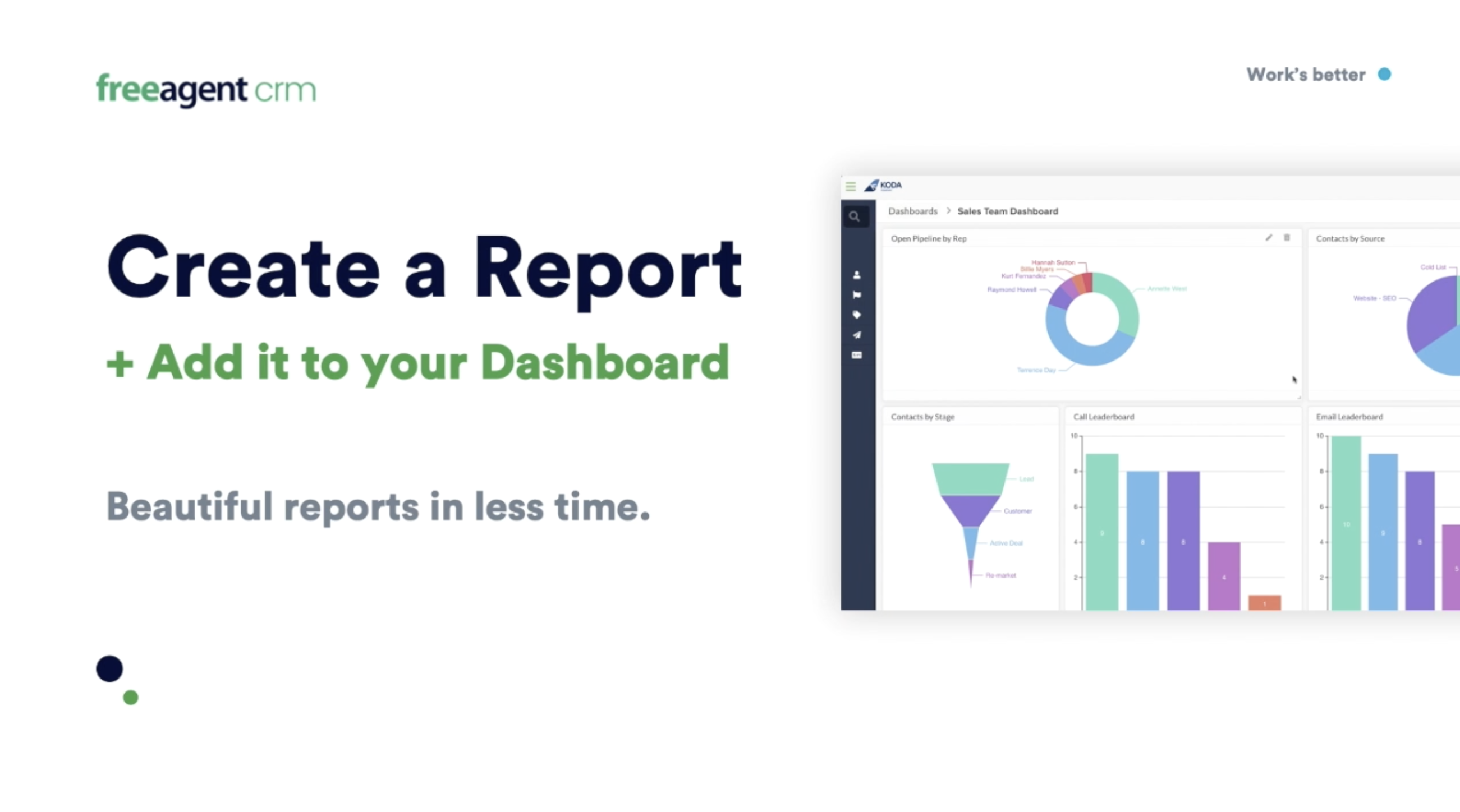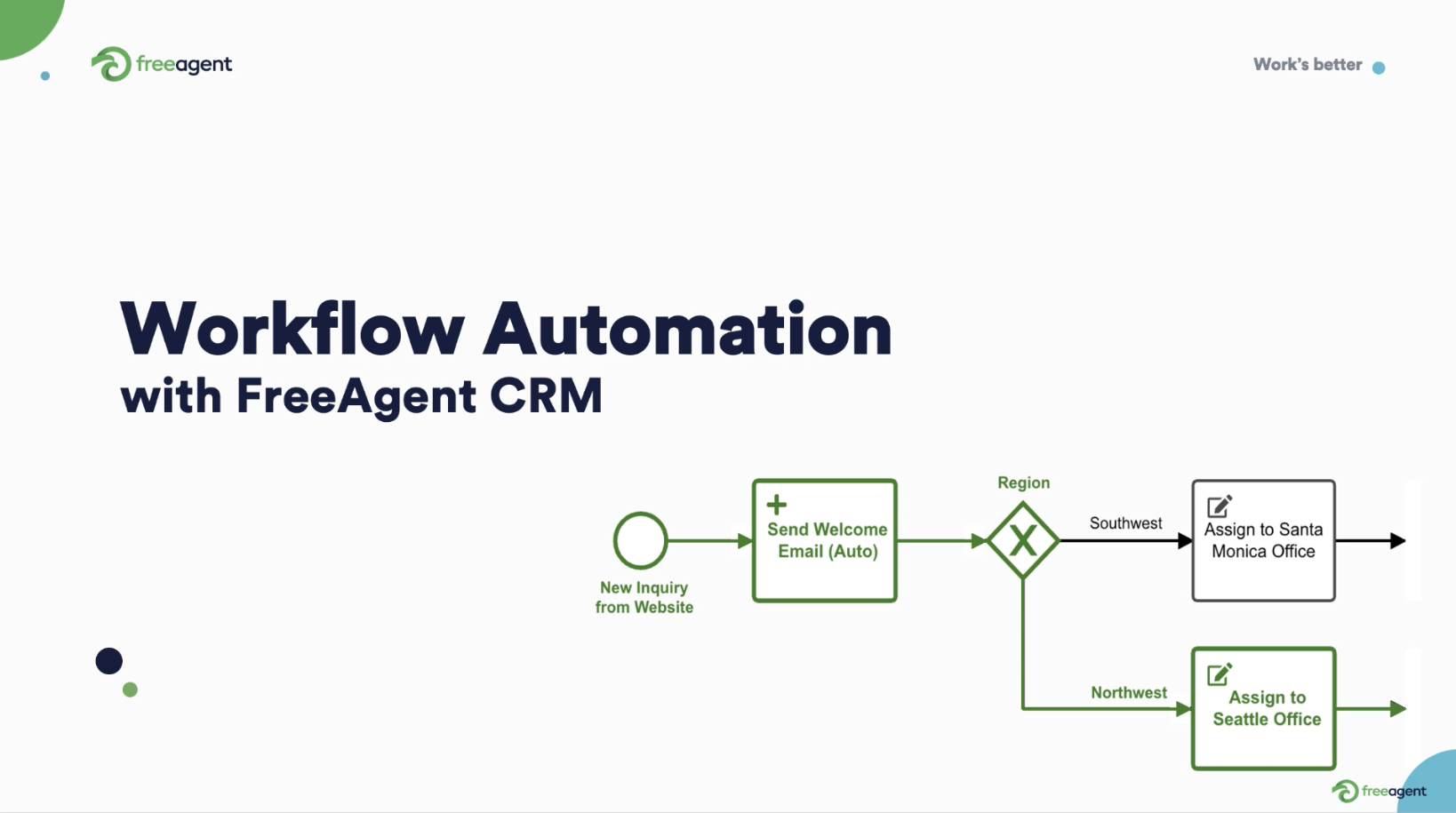For clinic administrators, maintaining strong vendor relationships and managing the facility pose challenges that often get overlooked — at least until they become an issue.
Most of the facilities in the healthcare industry operate on limited budgets, and the resources allocated to a smaller healthcare organization like a clinic are minimal.
A CRM platform can help administrators improve vendor communication, ensure security and compliance with all healthcare and business regulations, maintain equipment, manage inventory, and so much more.
What is CRM?
A CRM system (customer relationship management) is a software toolset that assists businesses with the day-to-day management of their people (customers and employees), work processes, products, and projects.
Once thought of primarily as a sales tool, CRM technology has evolved to address the needs of many different business aspects, including marketing, customer service, and HR.
Through the use of advanced automations tools and data centralization, CRM software can help businesses improve communication (both internal and external), work more efficiently, and track performance.
The challenges of facility management for clinics
Clinic administrators face several unique challenges when managing their facilities. The specialty and focus of the clinic will play a big part in determining these challenges but there are a couple of examples that are universal.
- Security and compliance- Clinics and private practices need to adhere to the strict regulatory standards set forth by the healthcare authorities in their region.
For example, in the US all patient information must be stored in accordance with the guidelines outlined by HIPAA (Health Insurance Portability and Accountability Act).
Additionally, broader regulations like those required by OSHA (Occupational Safety and Health Administration), the ADA (Americans with Disabilities Act), or local fire and life safety codes must also be strictly adhered to.
Keeping up to date with these ever-evolving regulations and taking the steps to maintain HIPAA compliance can be challenging and the price of failure can be steep, resulting in legal issues, fines, and a negative impact on the reputation of a healthcare organization.
For more information on finding a HIPAA compliant CRM solution, check out our HIPAA Compliant CRM Software Guide.
- Equipment and technology maintenance- Many clinics rely on specialized medical equipment to provide top-of-field patient care. Maintaining and servicing this equipment is expensive and often requires the services of specialized technicians who may be in short supply (especially in remote locations).
Maintaining a regular service schedule can be challenging as each piece of equipment has its own unique service needs, requiring medical staff to keep track of various service dates, ensure funds are properly allocated and available, and manage and process all the service records.


The challenges of vendor management for clinics
Vendor management is crucial for clinics and healthcare organizations as it ensures a reliable supply of the products and tools practitioners need to assist their patients. Some common challenges healthcare providers face when managing their vendors include:
- Communication- Healthcare products and supplies are manufactured all over the world, and it is not uncommon for a specific type of product to be available only from a specific region or territory.
This can pose communication challenges as people in different countries have different communication preferences and options.
Additionally, language barriers, time zone considerations, and technology compatibility all add layers of complexity.
Even if a vendor or supplier is in the same country, maintaining consistent and open communication requires time and attention which many administrators only have in short supply.
- Documentation- Healthcare is a highly regulated industry, and maintaining compliance with documentation and certification standards is mandatory.
Orders, usage data, and other documentation must be kept accessible for review while being secured in accordance with health data regulations (HIPAA, GDPR).
- Budget management- Clinics often have limited budgets, and medical supplies, equipment, and services represent a significant portion of their operational costs.
Ensuring that inventory levels for tools and equipment are adequate to meet patient demand while still having funds available to cover the servicing of equipment is a balancing act.
Negotiating favorable contracts and continuously assessing the value of vendor relationships can help keep costs manageable while ensuring the quality of care is always maintained.
CRM for clinics: Facility management
A CRM solution can help clinic administrators simplify healthcare facility management and maintain security and compliance standards.
- Role-based access controls- A CRM platform can capture and organize all your facility management-related documents, including service audits and compliance certificates.
Additionally, safety guides and maintenance manuals can be stored in the CRM, enabling team members and new hires to keep up to date with training and security protocols.
All of these resources and documentation can be protected with role-based access controls that limit what people can see and access within the CRM platform.
For example, documents can be marked as read-only, meaning they can’t be edited or changed except by authorized personnel. This allows clinic administrators to balance the need for accessibility with the need to maintain strict security and compliance.
- Equipment and technology management- A CRM system can serve as a centralized repository for all pertinent information related to the equipment and technology used by a clinic. Such information can include:
- Service history
- Incident reports
- Warranty details
- Training manuals
- Maintenance schedules
- Network and IT information
A comprehensive library of all equipment and technology information allows clinic administrators to optimize maintenance schedules, prove compliance, and ensure that important tools and equipment are operating at peak efficiency.


CRM for clinics: Vendor management
CRM software can address many of the challenges of vendor relationship management and turn areas of weakness into points of differentiation through:
- Account data centralization- A CRM platform can capture and centralize all communications, orders, account details, and other important information related to a particular vendor.
This allows for easy access to all relevant information, providing administrators with context that can be used to refine their ordering processes, improve communication, inform issue resolutions, and foster transparency and accountability.
- CRM Notifications- CRM notification features help clinic administrators ensure that needed supplies are always on hand.
These notifications can even be tied to inventory levels, triggering when the stock of an item drops below a certain point.
Furthermore, creating a notification schedule based on the maintenance requirements of medical equipment ensures that service appointments are never missed.
- CRM automation- A CRM system can enable clinics to automate their vendor communications. This provides several benefits including:
- Timely delivery of communications- Automated follow-up messages can be sent after placing or receiving an order or service request. This creates a digital paper trail and keeps lines of communication open.
- Personalized messaging- CRM automation allows for the personalization of communication based on vendor profiles, preferences, and historical interactions.
Orders or service requests can be sent at times appropriate to the vendor along channels preferred by the vendor with no extra effort or care needed by the administrator.
FreeAgent CRM is the best healthcare CRM software for clinics
FreeAgent CRM is a modern work management platform that provides top-of-field software tools for healthcare organizations of all sizes and technical proficiency.
FreeAgent is the best healthcare CRM software for clinics because it is:
- Easy to use- FreeAgent’s modern user interface is quick to learn and easy to use, encouraging teams to work within the platform, driving up adoption and aligning your work processes.
- User-configurable- With FreeAgent, the power is in your hands. You can customize and personalize FreeAgent to fit the specific needs of your business and teams without external support.
- HIPAA-compliant- To demonstrate our commitment to ensuring all data captured and contained within the FreeAgent platform is safe and secure, FreeAgent CRM maintains HIPAA-compliance.
To learn more, see our article, FreeAgent Announces HIPAA-Compliance.
Plus, FreeAgent offers:
- Robust integration- FreeAgent’s flexible toolset and extensive integration library supports teams and businesses of all types and structures.
- Generative AI- Uplift your work with Generative AI-powered features. With FreeAgent, you can access AI across any app, allowing you to get the information you need faster.
With FreeAgent, it’s really that simple.
To see FreeAgent in action, get a demo, and discover for yourself how we are leading the way to a better workday.







